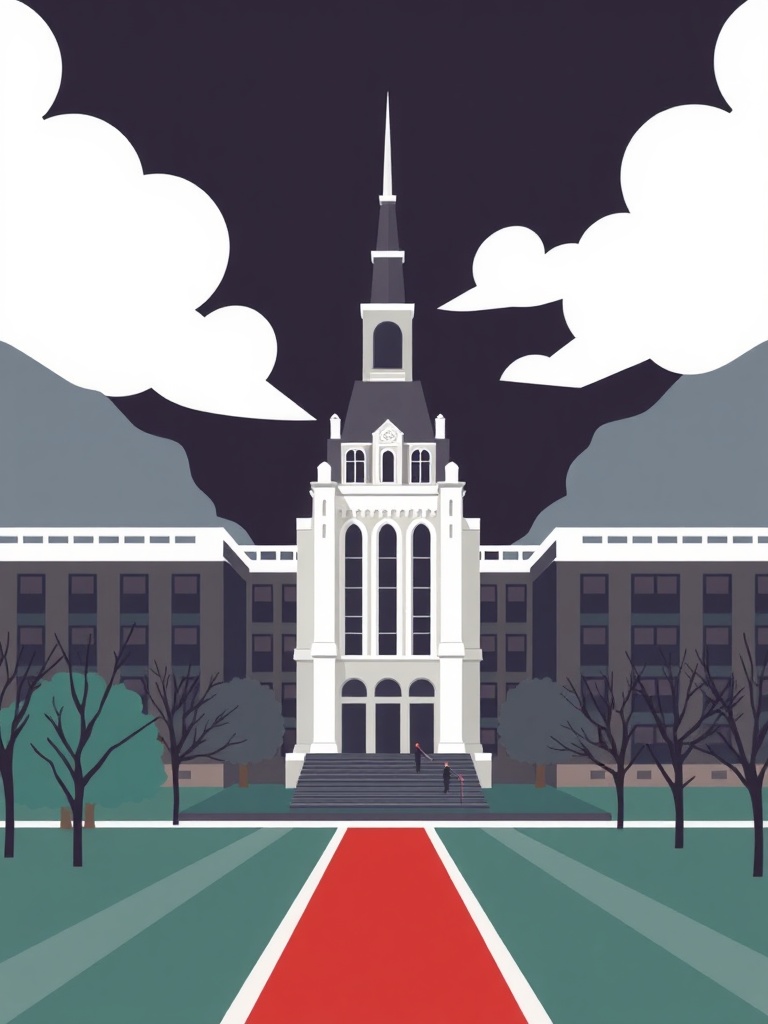The University of Chicago stands out for an intellectual culture that prizes rigorous inquiry, interdisciplinary research, and an education designed to sharpen critical thinking. For prospective students, alumni, or visitors, understanding what sets this campus apart helps explain its enduring influence across the humanities, sciences, business, and public policy.
The Core curriculum: a shared intellectual foundation
A defining feature is the Core curriculum: a structured set of humanities, social sciences, and natural sciences courses that all undergraduates complete. The Core emphasizes close reading, analytic writing, logical argument, and classroom discussion. That shared academic base creates a campus-wide vocabulary for tackling complex problems and helps students move comfortably between disciplines—from philosophy to economics to biology—without sacrificing depth.
How research and interdisciplinary work connect to the Core
The university’s research culture encourages faculty and students to cross traditional boundaries. Centers and institutes foster collaboration among scholars in fields like molecular engineering, computational social science, public policy, and economics.
This environment gives undergraduates and graduate students access to labs, institutes, and mentorship opportunities that translate classroom rigor into real-world research and innovation.
Entrepreneurship and career preparation
Support for entrepreneurship and career development is a noticeable strength. Incubators, venture programs, and a strong alumni network help students and faculty turn ideas into startups or policy innovations. Career services coordinate internships, employer engagement, and professional development across disciplines, so students with a Core-driven humanities background can pursue finance, consulting, tech, nonprofit, or academic paths with equal confidence.
Campus life and cultural resources
The campus in Hyde Park mixes Gothic architecture with modern research facilities and is anchored by prominent cultural assets. Museums and libraries—including collections that span archaeology, modern art, and rare books—offer both public programming and hands-on learning. The neighborhood adds vibrant local dining, community events, and green spaces that make campus life lively and walkable.
Global perspective and alumni network
The university maintains a global outlook through international collaborations, study-away programs, and a worldwide alumni community that supports mentorship and career mobility. That network is a practical resource for internships, job opportunities, and industry connections across continents and sectors.
Practical tips for prospective students and visitors
– Take a Core class or sit in on a lecture to experience the discussion-driven approach.
– Visit the on-campus museums and main library special collections for a blend of scholarship and public programming.

– Explore Hyde Park on foot to find local cafes, bookstores, and community events that complement campus life.
– Check entrepreneurship and career services calendars for pitch competitions, employer panels, and networking events that welcome students from all majors.
Why it matters
The combination of a shared intellectual foundation, vigorous research programs, a supportive entrepreneurial ecosystem, and rich cultural life creates an environment where curiosity is cultivated into expertise. Whether aiming for advanced study, a career in industry, public service, or launching a venture, students benefit from training that stresses reasoning, communication, and interdisciplinary fluency.
For those evaluating colleges, researching programs, or planning a campus visit, focusing on how the Core, research opportunities, and community resources align with personal goals will help clarify whether this environment is the right fit.